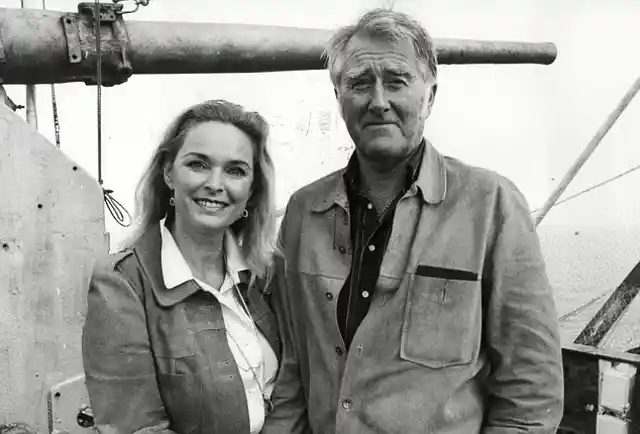It may seem a bit far-fetched that an entire city can be built on the ocean, but in reality, it’s already been done. The story starts with one man, Roy Bates. The year was 1967 when Bates decided to take refuge on an abandoned British naval base off the coast of British territory. Bates declared that his new found home was actually an independent state sovereign from the old country because it fulfilled all the requirements by definition. The micro-city was in international waters, it had a government, territory, a permanent population, and the ability to communicate with other nations.


Although Bates never officially applied to have the city recognized, he named it Sealand and lived there peacefully until 1987 when Britain “extended” their borders and claimed it. Roys son Michael doesn’t think this is even an issue and Sealand met the requirements stated in the Montevideo Convention, a long time ago,“We’ve had the German ambassador visit at one point to discuss something: that was de facto recognition. We’ve had communication with the president of France many years ago, but we have never asked for recognition and we don’t feel we need it”.